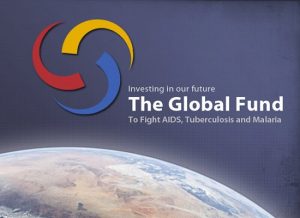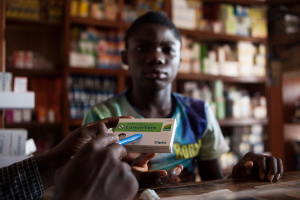In 2012, WHO, through the Global Malaria Program, launched the Rapid Access Expansion (RAcE) Program in five countries—Democratic Republic of the Congo (DRC), Malawi, Mozambique, Niger, and Nigeria—to increase access to treatment for malaria, pneumonia, and diarrheal disease among children under 5 through scaled-up integrated community case management (iCCM) programme. Since project inception, RAcE project has been increasing coverage of diagnosis, treatment, and referral services for these 3 major causes of childhood mortality in hard-to-reach areas in Nigeria.
Society for Family Health (SFH) is leading the implementation of Rapid Access Expansion Project (RAcE) in Abia State in partnership with Abia State Ministry of Health through the Primary Health Care Development Agency (ABSPHCDA). Other implementing partners include, Grassroots Community Development Initiative (GRACODEV), Population Services International, and the Institute of Tropical Diseases Research & Prevention at the University of Calabar, Nigeria (ITDRP) and ICF MACRO.
Abia RAcE Project will increase coverage of diagnostic, treatment, and referral services for the major causes of childhood mortality (pneumonia, diarrhea, malaria) and malnutrition, thereby accelerating the achievement of the health-related Sustainable Development Goals. SFH through RAcE project which started in November 2013 and ends December 2017 is currently serving an estimated population of 202,998 children aged 2-59 months living in iCCM eligible areas of Abia State. To date, 1351 Community Resource Persons (CORPs) and 150 Community Health Extension Workers (CHEWs) have received the 6-day iCCM training. Across the iCCM eligible areas in Abia State, 637,803 children under-5 were seen by Community Owned Resource Persons (CORPs), 480,308 fever cases were tested with RDTs, 361,595 cases of confirmed malaria were treated with ACTs, 141,416 cases of suspended pneumonia were treated with amoxicillin and 147,174 cases of diarrhea received both ORS and Zinc.




